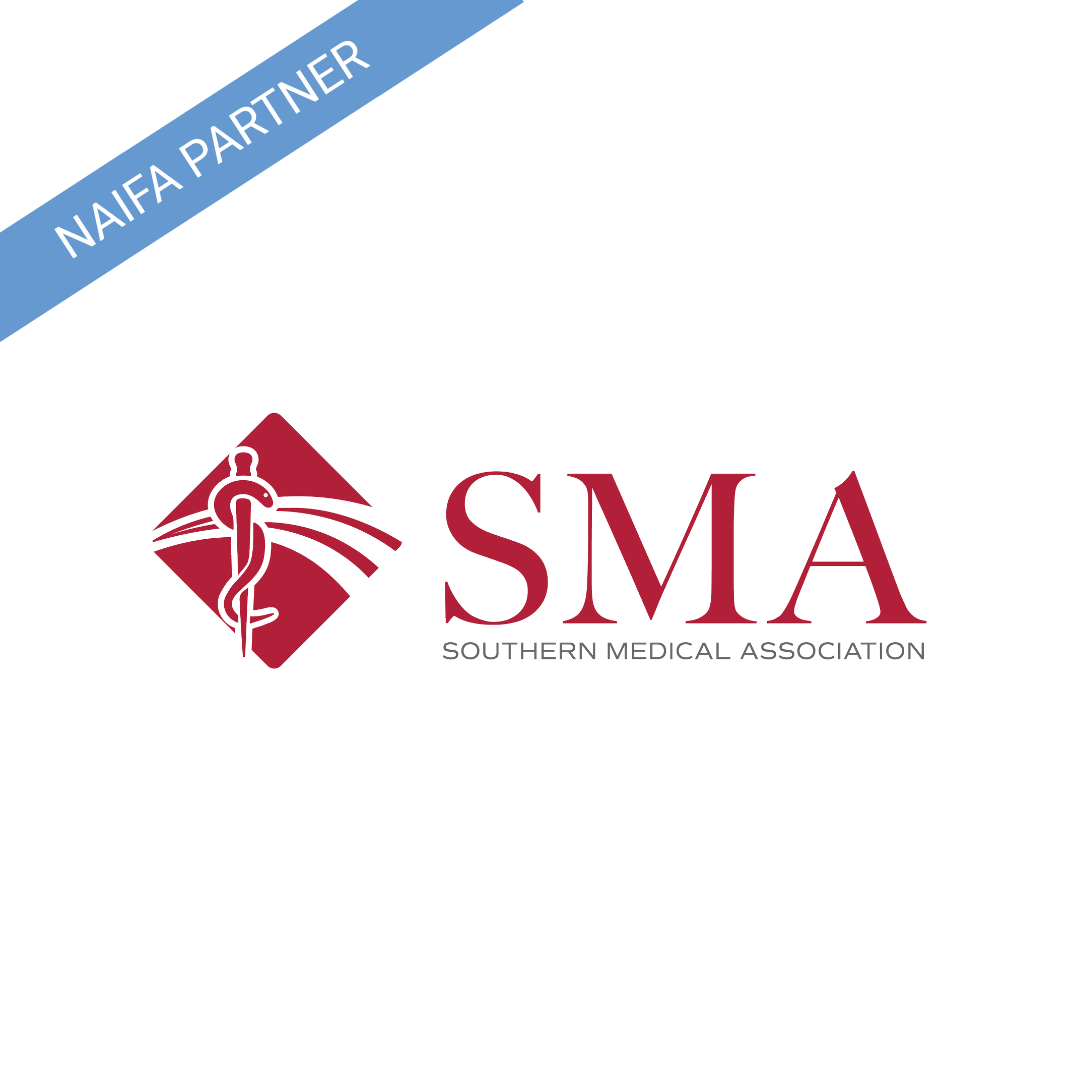There are literally hundreds if not thousands of “Client Relationship Management Systems” CRMs in the marketplace. I am selectively going to talk about some of the more popular or industry CRMs, yet not purposely excluding any specific vendor or CRM product. You can identify CRMs in 1 of 3 categories: Generic, Industry Specific, or Home Grown. The CRM companies that are Generic like the big names: SalesForce, Microsoft, and Oracle for example are powerful products. These Fortune 500 companies have figuratively unlimited resources to setup their software to fit your practice. Typically this can be a little more on the expensive side, but makes sense with a larger agency that has many advisors. I would be wary about a generic CRM solution from a small vendor because even though you can license it at a lower cost, you may find them to be problematic for a many reasons like incompatibility for integrating data and limited functionality. There are some new popular generic CRMs from middle size companies like like Zoho and HubSpot that are really easy to use and setup with a lot of functionality. It is easy to gravitate to Industry specific CRMs because they are practically ready to use right out of the box. See information on some industry specific CRMs below.
The CRM Basics
Basic functionality you find in most CRMs is the ability to track client and prospect communications like emails, calls and meetings. When you first log-in, you typically see a Dashboard with a real-time picture of your business at a glance. CRMs can automate repetitive tasks focusing on building relationships and closing deals. A CRM should have a complete view of a customer: contact information, their account values, activity history, and connections. Reporting is a big part of most CRMs showing productivity, aging, and sales information. Both pre-setup report templates and custom report capabilities are essential. Integrating with your calendar like Microsoft Outlook/Office365; adding notes to contacts and activities; and automatic notifications are key to a CRM. Most CRMs have workflows that trigger instant actions like converting leads & prospects.
Some CRM vendors offer free trials for 30 days. The pricing model are based on user licenses that can be as low as $12 a month to up to $400 a month per user. The more expensive CRMs may include many modules added on to the package like Marketing. You will see packages like “Professional” and “Enterprise”. Some vendors offer multiple users or unlimited user packages at a discounted price. CRMs today are software as a service (SaaS) with your data in the Cloud. Vendors will have a web app, mobile app, and/or mobile device responsive. For your future growth, you want to look for a CRM that has an API available for integrating the data and a user experience into other tools like Quoting, eApp, and your website with your branding (logo & colors).
Below is unique information I want to share about some Generic and Insurance & Financial Industry specific CRMs that you may not know:
Generic CRMs
· Oracle - Manage up sell, cross sell and renewals of existing customers.
· Zoho – Uses AI “Zia” for voice commands. Reach customers by interacting via telephone, email, live chat and Social Media. Measures effectiveness of client communications. Conduct presentations and meetings within your CRM. Organize Webinars. Convert attendees to Leads in the CRM.
· HubSpot – It is a very popular Marketing tool, but they also have a CRM “Sales Hub”.
· Constant Contact – IT IS NOT A CRM! It is a popular marketing program that automatically connects with many popular CRMs. I listed Constant Contact because some people mistakenly think it is a CRM.
· SalesForce - Pull in Social Media Data for a deeper view of customers.
Insurance and Financial Specific CRMs
· Equisoft Connect – It is for both Financial Advisors and Insurance Agents. Easily Import your book of business. You can add on Equisoft’s Financial Planning and Needs Analysis application. Built in pre-filled and fillable industry forms. Compliance automation and collaboration. Integrates using gateways with other financial tools. White label with your logos and colors.
· Ebix SmartOffice - If associated with a BGA who has SmartOffice, and Advisors can sync up their pending & inforce policies. There is an Advisor version of Commissions that calculates projected and received commissions. Commission tracking advisor centric that is Policy based. Financial Advisory firms can have industry specific Practice Management tools, data downloads, and key integrations.
· RedTail - Popular with Financial Advisors. Already integrated with some of the most popular tools. Example: Advisor tools like LoanBuddy; Compliance tools like Smart RIA; Custodians like Fidelity Investments; Document storage like Docupace; Financial planning like eMoney; Risk Analysis like RiskAnalyze; and Insurance tools like BackNine Insurance. There are many other categories and literally almost two hundred plus tools that integrate with RedTail.
For more information: Ken Leibow, ken@insurtechexpress.com, Ph. 402-740-7356





.png)



.png?width=300&height=600&name=Tax%20Talk%20Graphic%20-%20email%20tower%20(300%20x%20600%20px).png)
